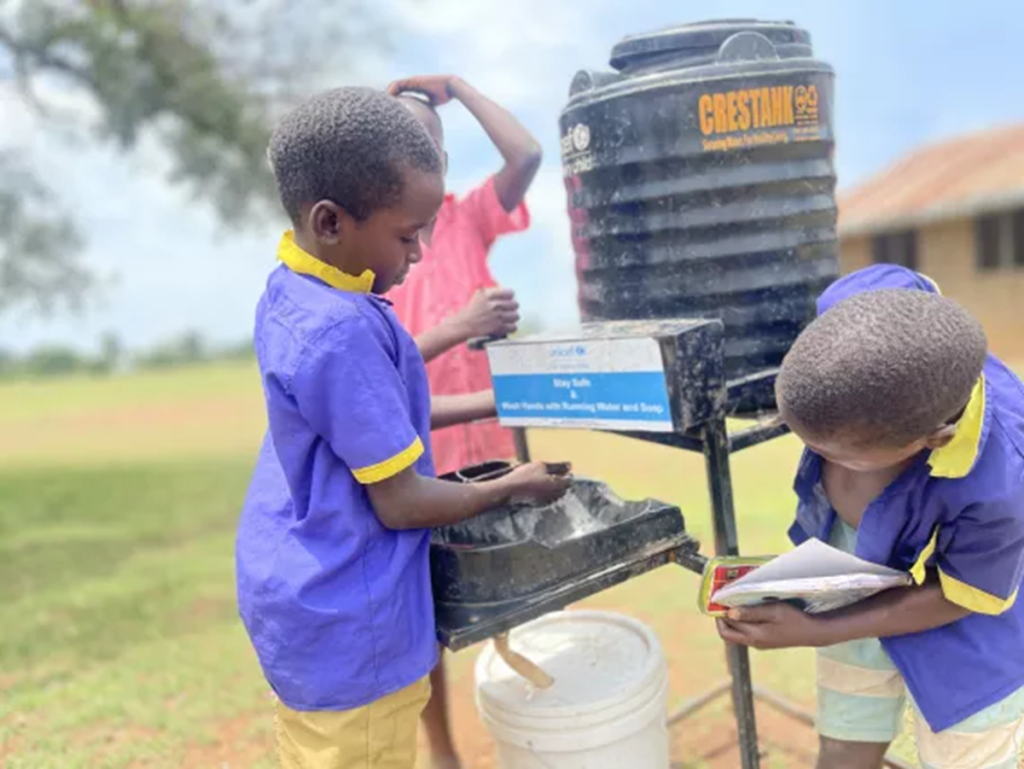There are fears that pupils who resumed from the mid-term break and Eid Holiday are at risk of contracting cholera through ingestion of the causative organism Vibrio cholerae.
Public health experts noted that the food and water-borne disease could spread fast in schools if measures are not taken to prevent it.
Celine Lafoucrier, the Chief of UNICEF, Lagos Field Office, has called on stakeholders to put in place extensive measures to ensure the safety of students and avoid disruption in the academic calendar due to the spread of the disease.
Nigerians were warned by the Nigeria Centre for Disease Control and Prevention(NCDC) of the high rate of cholera cases during the rainy season. The health organisation stated that from January 1 to June 11, 2024, over 1,141 suspected and over 65 confirmed cases of cholera, resulting in over 30 deaths, had been reported from 96 LGAs in 30 states.
The NCDC mentioned Bayelsa, Zamfara, Abia, Cross River, Bauchi, Delta, Katsina, Imo, Nasarawa, and Lagos as the 10 states contributing 90% to the burden of the current cholera outbreak in the country.
Lafoucrier emphasised that children, especially those under age 5 are at risk of contracting the disease and have higher mortality rates.
She said, “Similarly, post-recovery issues in children can include malnutrition, stunted growth, and weakened immune systems, increasing susceptibility to other diseases. These outbreaks underscore the urgent need for improved access to clean water and sanitation in many areas.
“Despite the state government’s efforts to provide water to its population, the current outbreak demonstrates the need for an urgent government focus on ensuring the water provided to the population is clean and risk-free.’’
The UNICEF official said educational disruption is another critical consequence of cholera outbreaks, as an illness and the need to care for sick family members lead to school closures and reduced attendance, hindering children’s learning and development.

